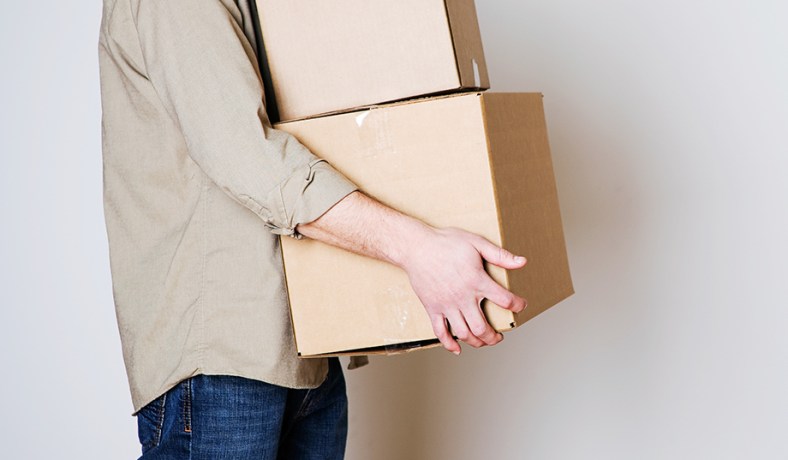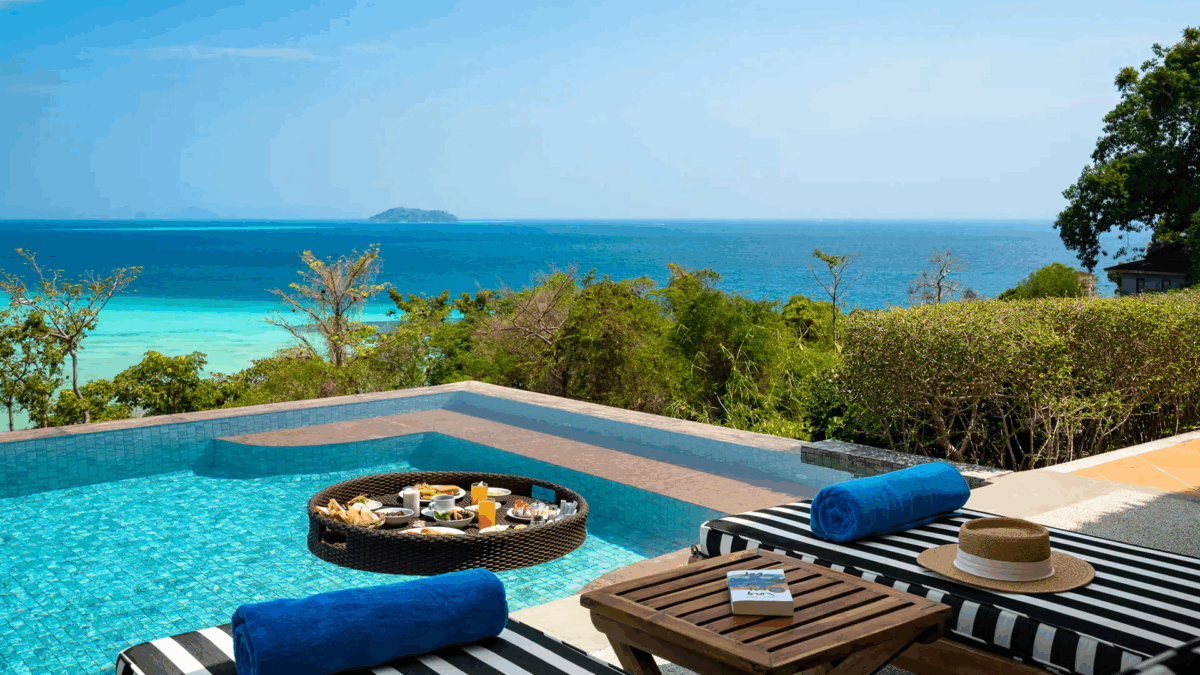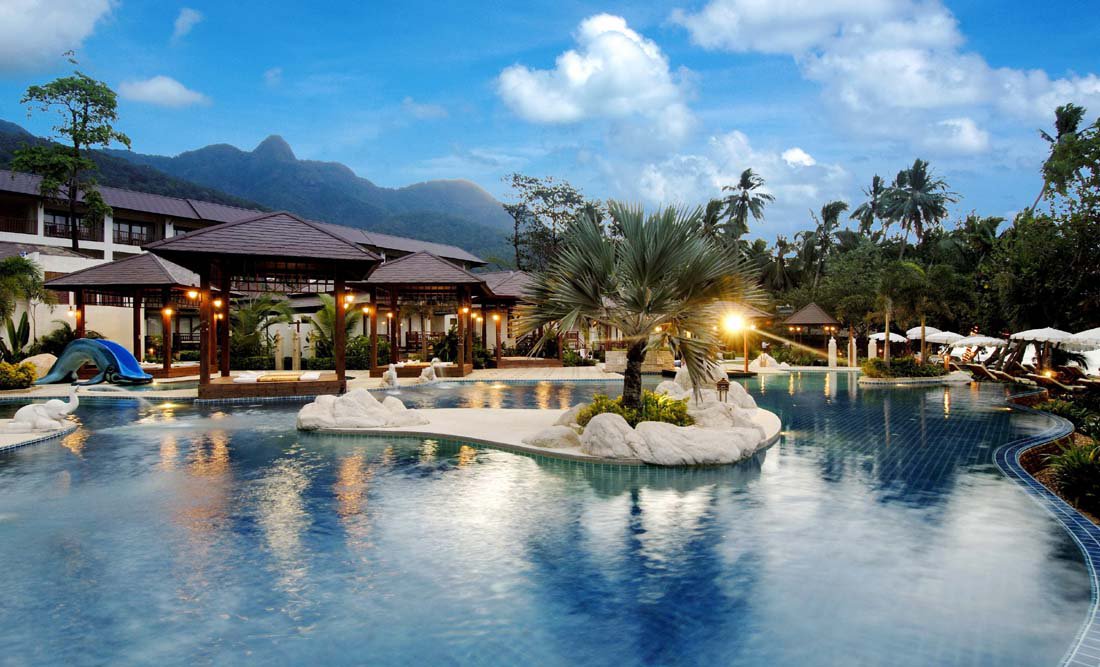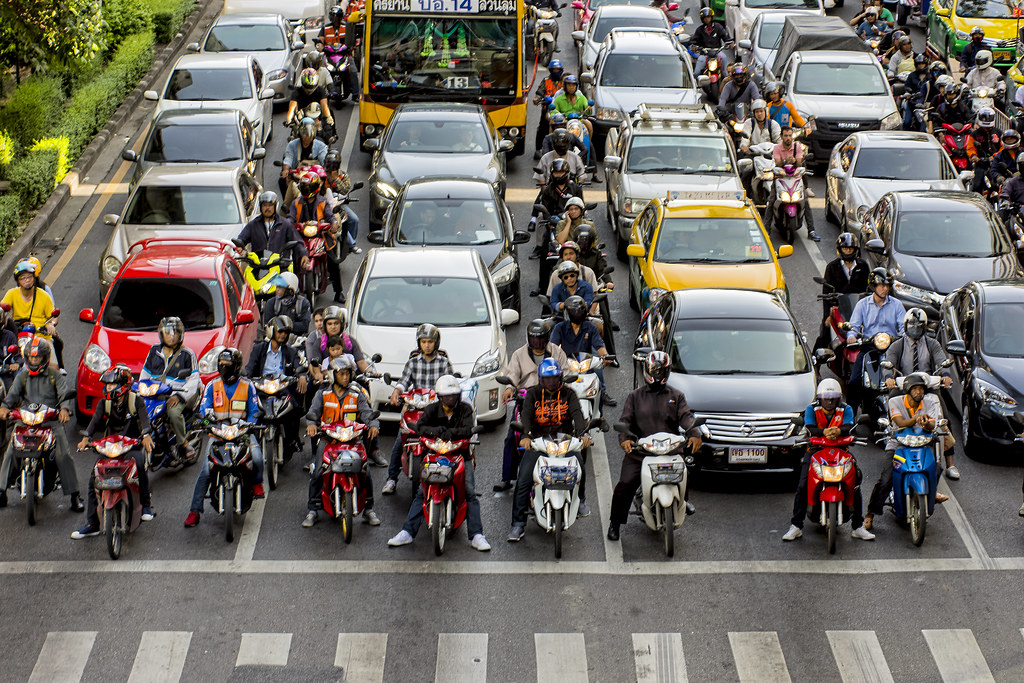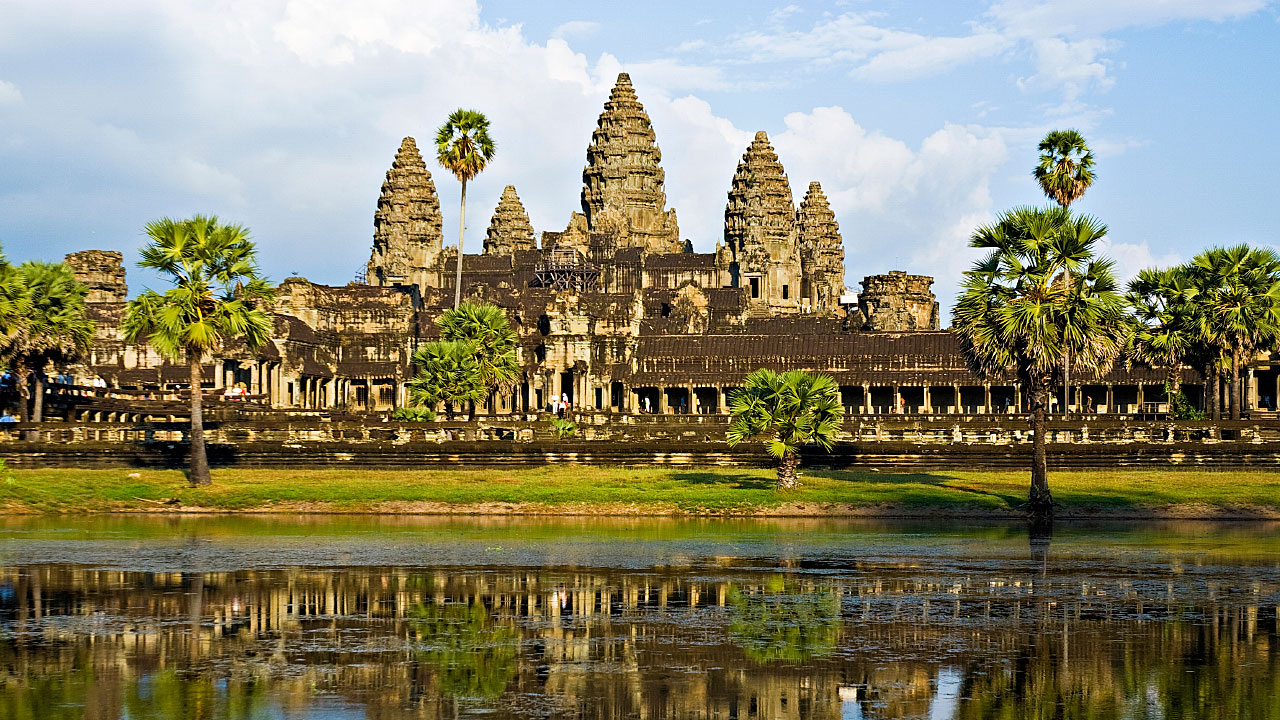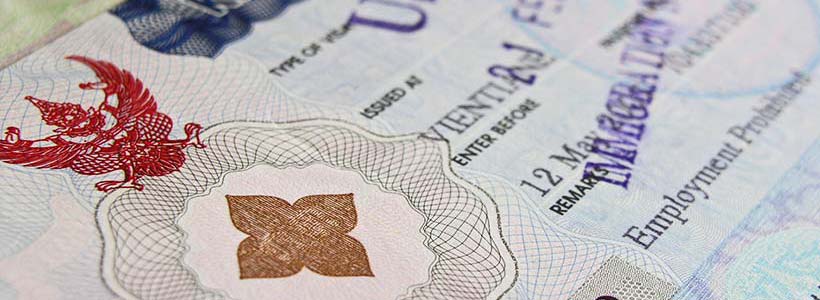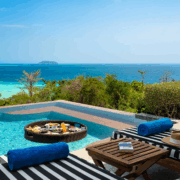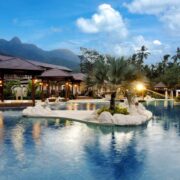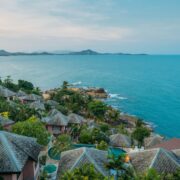[Bangkok] tips for successful relocation
Your decision is made, you are moving to Thailand, goodbye boring life, hello to change and changes. Your destination? The same as half of the expatriates in the kingdom of Siam: Bangkok! How to live this renewal without stress? What are the right decisions to make? The editorial staff of Living in Thailand offers you the instructions for your installation in the City of Angels.
1 – Find a home
when you arrive in Bangkok you will have a plurality of choices to make about the selection of your future home: its type, its neighbourhood, the maximum rent you want to put…
in Thailand, different types of housing are available:
- Condominiums: This is a set of apartments grouped in a building with common areas. Many services are generally offered: swimming pool, gym 24/7 security, technicians, maintenance staff, etc.
- Houses: Some of them may be in “Co-ownership”, which therefore includes many services in the manner of condominium and residential hotels.
- Villas: These usually have the same characteristics as houses with larger areas and a more luxurious range of services.
Regarding the location of your future home, Bangkok has many residential areas scattered throughout the city. Some areas are still known to have a high concentration of residential housing.
Wittayu, Yen Akat & Sathorn:
Many French restaurants and bakeries located in this district have made it the “French Quarter” of Bangkok. The Alliance Francaises is located opposite the famous Lumpini Park and there are also many bilingual and French-speaking creches. Its proximity to the expressway and subway makes it easy to connect the rest of the city.
Sukhumvit:
Very popular with expatriates, the neighbourhoods bordering this huge artery are more cosmopolitan Bars and luxury hotels mix together creating a lively atmosphere. There are still very residential neighbourhoods where we find calm and small streets lined with low buildings and houses with garden and many businesses that have already attracted many expatriates. located in the heart of the city, this district has international schools and is well served by the Skytrain.
Silom:
With many modern facilities, this Bangkok business district is well connected and offers a number of upscale accommodation options (mainly apartments or apartment hotels).
Rent side, it will necessarily depend on the neighbourhood where you want to settle. Here is a chart that will give you an idea of the number of rents in Bangkok:
Before you embark on the adventure of finding a place to live, think of bringing you with experts! In Thailand, resort to a real estate agency is completely free, the costs are the responsibility of the owner/seller. Would it be a shame to do without it?
2 – Find a job
If you choose to settle in the City of Angels without having a professional situation when you arrive, it is important to know that in Thailand, finding a job when you are a foreigner is not an easy thing to do. First of all, because the labour legislation has many constraints for both applicant and the companies. Moreover, despite very good qualification, many professions are not open to foreigners. If, however, you are aware that your professional project corresponds to market demand, you can go to the Franco-Thai Chamber of Commerce, one of whose missions is to inform the applicant about local labour law.
Created 50 years ago, the CCFT regularly organizes “job dating” and “job search workshops” to create professional relationships that will allow you to access unsuspected opportunities. Do not hesitate to consult their website regularly to keep you informed of the meetings organized as well as the published job offers.
The legal minimum wage for a foreigner is 50,000 THB or just over 1,300 EUR. However, because health insurance is not always supported by companies.
You rather have a project to build your company? Then the help of a lawyer will be essential to you to face the process of creation of your company.
3 – Social life
Once relocated, it is important to create a social life to share with others the experience of your expatriation.
Bangkok Accueil is the French-language association that facilitates the arrival of the French, and more generally, Francophones in the capital. Affiliated with the FIAFE (International Federation of French and French Expatriates) the association, has about thirty volunteers. At presents, about 370 families are more members, mainly French, but also Belgian, Swiss, Canadian…
The Alliance Francaise is also part of the structures that will help you to integrate, present in Thailand since 1912, it is the first French – Thai cultural centre of the country. You can learn Thai and French classes are also offered, you can also enrol in courses and various art workshops.
There is also UFE, created in 1927, the Union of French Aboard in the world. Present in a hundred countries, its action is defined by four essential values: hospitality, mutual aid, conviviality and radiation
The ADFE (Democratic Association of French Abroad) was created in 1980 and aims to meet the expectations of the French abroad regardless of their condition and origin, especially by supporting the more vulnerable, by promoting the exercise of citizenship.
You also have wonderful tools: social networks! Many groups have been formed so that French expatriates or other nationalities can help each other. We can quote Bla Bla Bangkok, Bangkok Expats, France and the French in Bangkok, French in Thailand: All-knowing expect the weather…
4 – Education
Bangkok has over thirty international schools, the vast majority of them offers instruction in English, but follow different programs.
Educating youngsters about an international culture while training them to become responsible minds is the common goal of all. Depending on the size of the school, the diversity of nationalities will be more or less important. On average, an international school of 800 students can have up to 40 nationalities.
NIST International School was established in 1992 with the support of the United Nations. The school welcomes over 1,500 students of over 50 nationalities and provides all three International Baccalaureate programs: the Primary Years Program (PYP), Middle Years Program (MYP) and Diploma Program (DP). NIST is governed by the NIST International School Foundation and is accredited by the Council of International Schools (CIS) and New England Association of Schools and Colleges (NEASC).
Recognized worldwide for its progressive approach, the IB programmes provide students with critical 21st-century skills. In addition to its rigorous academics, NIST provides students with an expansive World Languages Programme and more than 300 extra-curricular activities. With its graduates attending the best universities in the world and going on to become community leaders, NIST International School is recognized as one of Asia’s leading learning institutions.
If your child is younger, it is still possible to enrol in a kindergarten. The two best known in Bangkok is the bilingual Acacia Center which has two reception points: One in Sathorn district and the 2nd in Ekkamai. Your child can be welcomed for one year.
5 – To travel by public transport
In Bangkok, you can take different transport, here are the main ones:
- The Skytrain (BTS): It runs daily from 06:00 am to midnight
Tickets are bought at distributors and at stations outside the gates. The BTS, often called Skytrain has two lines (Silom Line and Sukhumvit Line) that meet at the Siam stop. It is possible to change to the MRT (metro) at Asoke stop.
- The metro (MRT): The metro runs daily from 06:00 am to midnight
During rush hour, there are less than four minutes between trains (06:00 to 09:00 and 16:30 to 19:30)
– Less than six minutes between trains outside these peak periods.
- The Bangkok Metro, Called MRT, has two lines (blue line and purple line). There is a connection between the metro and the BTS at Asoke station.
The bus:
- Buses run daily from 05:00 to 23:00. Night buses provide continuity 24 hours a day.
The Airport Rail Link:
- A train departs from Phaya Thai station (BTS) and Bangkok Airport (Suvarnabhumi) every fifteen minutes. It stops at the following stations: Ratchaprarop – Makkasan – Ramkhamheang – Hua Mak – Ban Thap Chang – Lat Krabang.
Terminus at Bangkok airport. The trip takes 30 minutes.
The city Line runs daily from 06:00 to midnight.
6 – Treat yourself
Knowing where to seek care is inevitably important when settling in a new environment, a medical emergency can sometimes happen very quickly so it is better to prepare a list hospitals to contact in case.
As everywhere in Bangkok, public hospitals should be distinguished from private hospitals. While the former offers a health service at a generally low cost, private hospitals offer a full range of care with very sophisticated technology.

